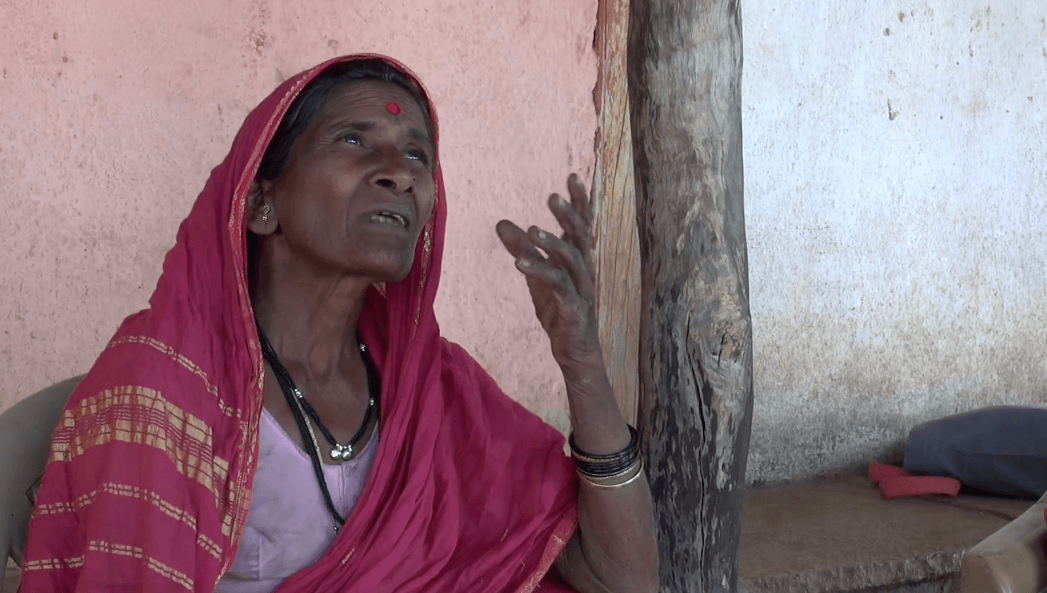FairWild: Supporting Livelihoods in India’s North Western Ghats
While in India as a Fulbright-Nehru scholar, we were able to visit the FairWild projects that Pukka has been implementing with AERF (Applied Environmental Research Fund) in the Western Ghats. As Jayent Sarnaik, joint director of AERF says in this video, they are the only FairWild certified operator in the country, which, he said, is a matter of pride – and also says something about the state of the Indian herb industry.
India is the second largest exporter of medicinal plants, 60-90% of which are harvested from the wild. An older botanist I interviewed in Kerala told me that the only hope for saving India’s wild plants is to bring the industry to a halt. Or at least to stop all exports. Neither is likely to happen, he acknowledged. And so in India, as elsewhere, FairWild is especially important as a strategy for protecting wild plants and their ecosystems and for promoting and supporting the livelihoods of those who depend on collecting those plants.
What is Haritaki?
Haritaki, fruits of the Terminalia chebula (chebulic myrobalan) is one of the three main ingredients in Triphala, one of the most popular Ayurvedic medicines in the world. AERF is working with Pukka Herbs to implement a FairWild project protecting the haritaki trees. Through the voices of the villagers whose livelihoods depend on selling haritaki fruits, this video documents the ways FairWild is benefitting their community in Bhīmāshankar.


Comments